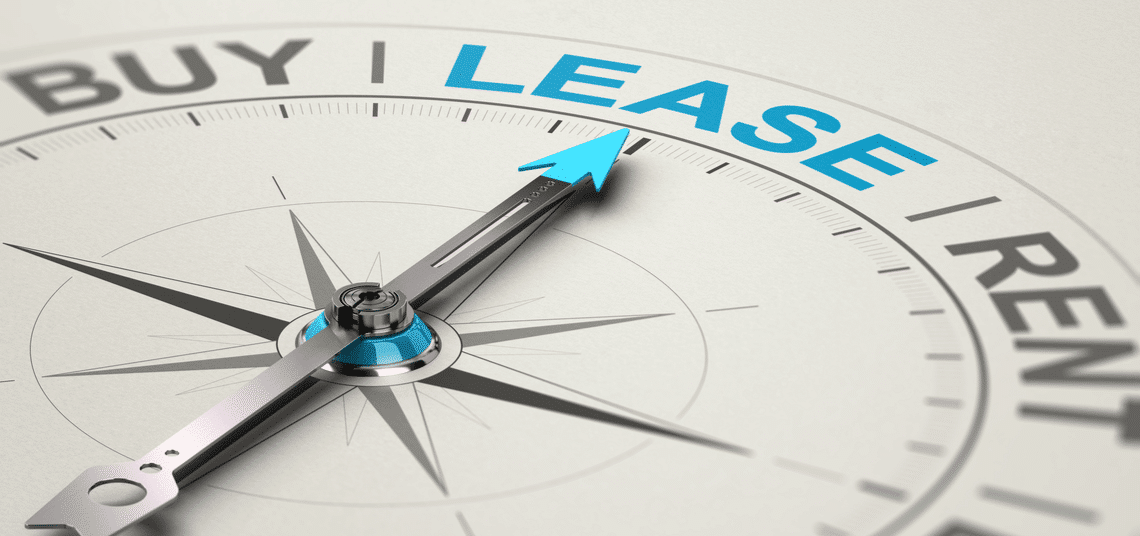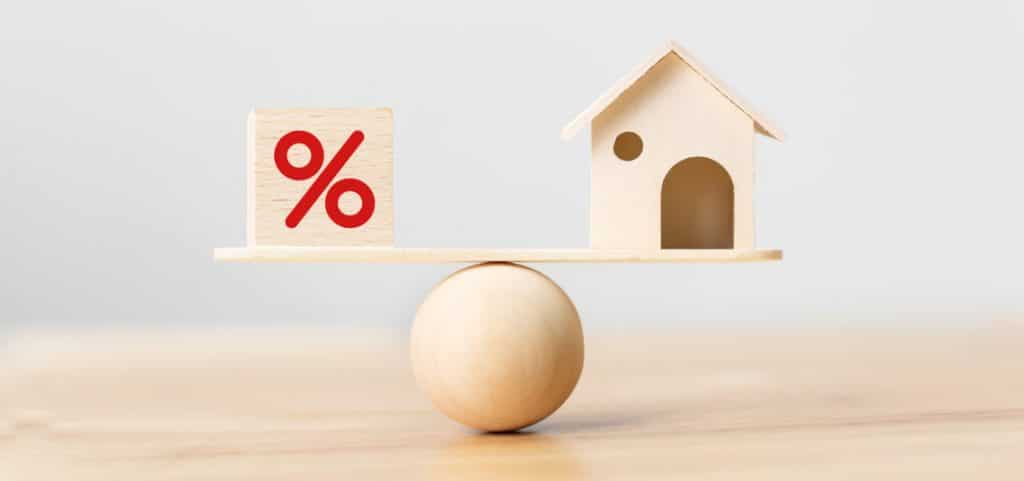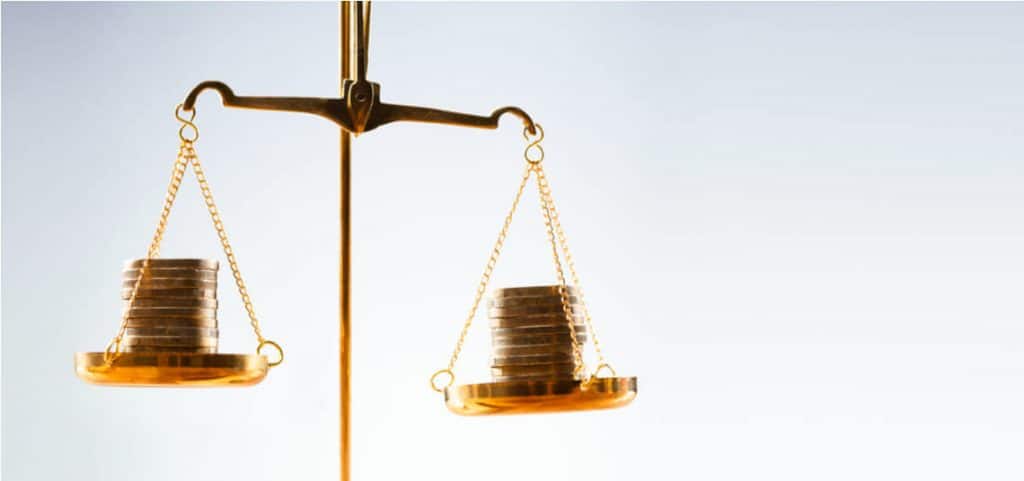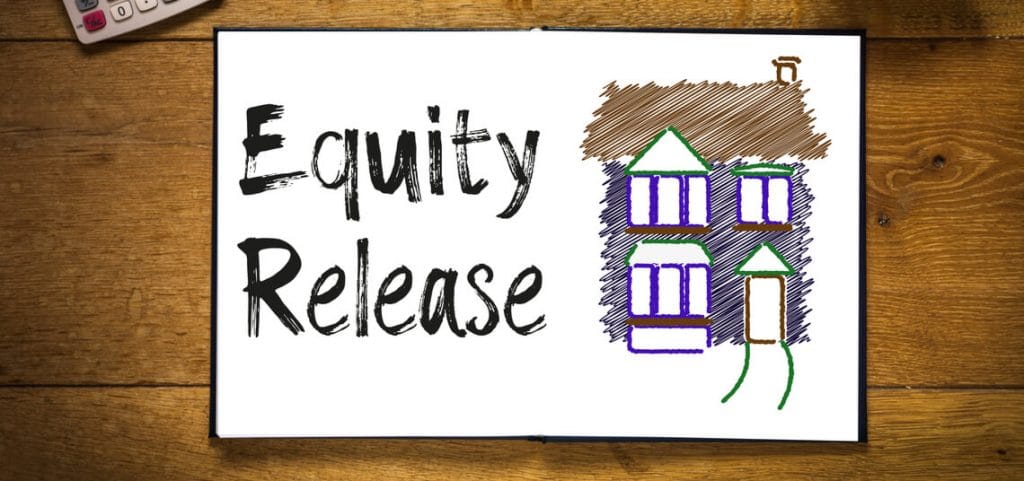You might be unfamiliar with freeholds and leaseholds if you’re new to buying a property. In fact, you might even browse past the terms, thinking they’re nothing more than legal jargon that doesn’t apply to you. Buying with a freehold or leasehold makes a difference, however. And in this guide, we’ve got you covered with everything there is to know about freeholds and leaseholds.
What is a leasehold?
With a leasehold, you only have the lease from the freeholder (also known as the landlord) for a set number of years. They tend to last between 90 and 999 years, with the latter becoming increasingly common when people buy a home.
Essentially, the leaseholder has a binding contract with the freeholder, who sets the legal rights for both parties. Leaseholds are mostly found in apartments, where the freeholder owns the entire building and the leaseholder has the individual apartment.
Freeholders are usually responsible for maintaining the common parts of the building, such as lifts, staircases and common areas. As a result, leaseholders pay maintenance fees, annual service charges and a share of the building insurance.
When moving into an apartment, the solicitor will present you with all the information regarding the leasehold. This includes:
- The length of time left on the lease
- Annual service charge
- Maintenance fees
- Buildings insurance cost
- Ground rent
Ground rent is the amount due to the freeholder to live on the land. Leaseholders may face certain restrictions set by the freeholder, such as no pets in the apartment, no laundry hanging on the balcony and no subletting. If a leaseholder is found to break terms of the lease, they could forfeit the leasehold.
What is a freehold?
Freeholds are more straightforward than leaseholds. A homeowner who has the freehold owns the building and the land it sits on. Your name is on the land registry as the ‘freeholder’, and you’re the complete owner of the property.
There’s no ground rent due, nor do you need to pay with service charges and maintenance fees. As the freeholder, it’s your responsibility to maintain the fabric of the building, such as the roof and outside walls.
Most houses are sold with the freehold, while apartments come with a leasehold. It’s rare for a house to be a leasehold, though it is possible to come across them. A solicitor will be able to confirm if the property is a freehold or leasehold.
Buying a leasehold property
Leasehold properties tend to take longer to buy than freehold homes. This is because there is more legal work involved, as your solicitor needs to go over more paperwork. Along with regular checks, they’ll need to examine everything relating to the lease with a fine comb. The solicitor will also liaise with the landlord or management company as well as the vendor’s solicitor to ensure everything checks out with the lease.
Most leasehold properties don’t spring up any surprises, especially if you’re buying a home with 100-plus years left on the lease.
However, you may decide to avoid purchasing a property on a short lease. Homes with less than 80 years can cause issues and are often harder to get a mortgage for. Even though they tend to be cheaper than properties with long leases, they’ll be harder to sell as the lease will reduce further. You have the opportunity to extend the lease, but doing so is by no means straightforward and you would need to apply separately after completing the purchase of the property.
Buying a freehold property
Buying a freehold property is a simpler process than getting a leasehold home. The solicitor will need to conduct usual checks, such as land registry searches, local authority searches, environmental searches, water authority searches and location specific searches. As long as these come back without any red flags, you can expect to purchase a freehold property without any issues.
Why do people buy a leasehold tenure?
Leaseholds are more common in cities, where you’re likely to find apartments. It’s rare to buy an apartment without a leasehold, and around 4.5 million homes in the UK are purchased with this kind of tenure.
While they’re perceived as less preferable, they’re not unusual. And with most leaseholds starting from 999 years, renewing the lease isn’t something the homeowner will ever need to worry about. Working with a good solicitor can ensure you buy a leasehold without any issues, whether you’re buying the property to live in or for a buy-to-let purchase.
Leasehold tenures in London
London is where you’ll find the most leaseholds. Of the 4.5 million in the UK, London has around 33% of the leaseholds according to a Government report from 2019.
The average house price in London is £673,538, according to Rightmove. Apartments are typically more affordable than houses, which means most of the cheaper stock in the capital is a flat, which comes with a leasehold. If you’re a first-time buyer purchasing a home in London, it’s increasingly likely that you will buy an apartment.
What is a shared leasehold?
Along with the usual leasehold property, there is something called a ‘shared leasehold’. This is a form of leasehold property referred to as shared ownership, which is a housing scheme designed to help people buy a share of a home rather than purchasing it for the actual value.
How common are shared leasehold properties?
The leaseholder purchases a share of the property and pays rent on the part retained by the landlord. Shared ownership is becoming increasingly popular in the UK, with around 157,000 households currently owned as part of this scheme.
Are there government reforms around leaseholds?
“The Government is committed to promoting fairness and transparency for homeowners and ensuring that consumers are protected from abuse and poor service. The Government will give leaseholders of all types of property the same right to extend their lease as often as they wish, at zero ground rent, for a term of 990 years.”If the legislation passes, it will be one of the most fundamental changes to the housing market in history, effectively making it easier for homeowners with short leases to extend their lease.
The last word: freehold versus leasehold – which one is best
Ideally, a freehold is the better option of the two. The property is entirely yours and there’s nothing to pay to third parties in the form of service charges and ground rent. However, that doesn’t mean you should avoid a leasehold altogether. They are common practice and you still have plenty of rights should you purchase a home with one. Therefore, the focus should be less on if a property is freehold or leasehold and more on whether it’s the right place for you to call home.



